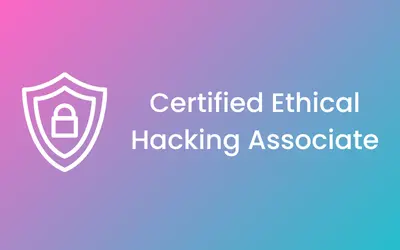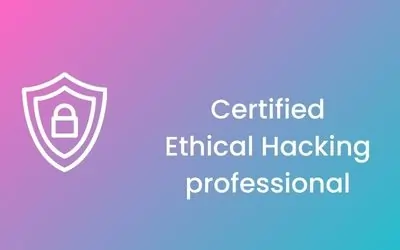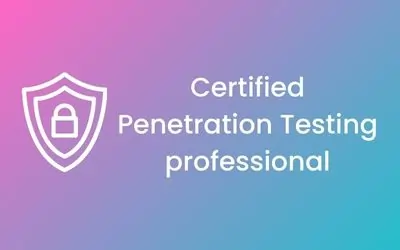Certified Ethical Hacking Associate
SF-CS-CEHA-1116
-

-
(240 Reviews)
- Career: Provides vital skills and certifications that businesses truly desire, and opens doors to compelling career options in cyber security.
- Skills: Keep up with the most recent attack methods, security trends, and cybersecurity best practices by continuing your professional development.
- Internship Opportunities: Immerse yourself in practical learning experiences through 1-Month internships tailored to the course curriculum












